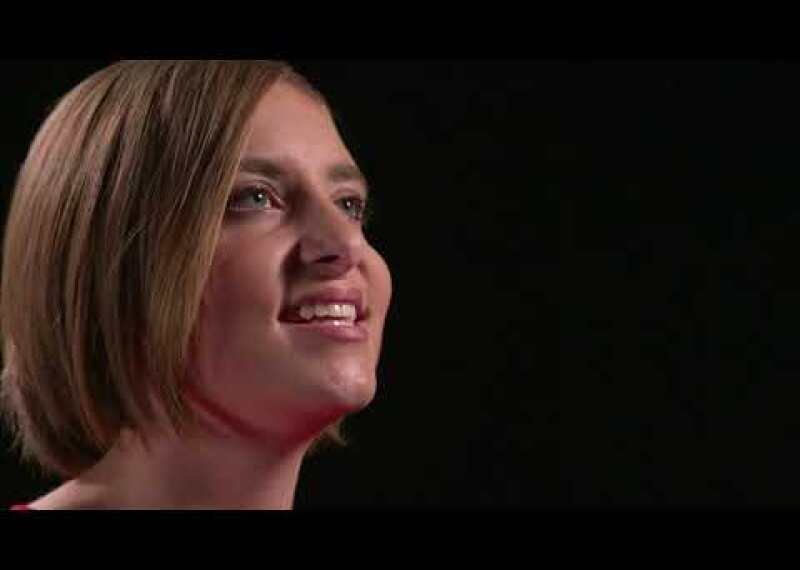Through the Special Olympics and Lions Clubs International Foundation (LCIF) global partnership, titled ‘Mission: Inclusion’, both organisations are working together across the world to provide transformative services in the areas of vision care, health education, inclusive sports, leadership development, and youth activation. Just as the name suggests, the overall aim of this powerful collaboration is to create a global network of truly inclusive communities worldwide.
The spirit of the partnership was on full display at 102nd Lions Clubs International Convention (LCICon 2019) where a joint LCIF-Special Olympics Unified Bocce event—involving participants with and without intellectual disabilities playing side by side—was organised at the heart of the convention centre. Over 60 Leos from Italy and across the world joined 22 Special Olympics Italy athletes to compete together in Bocce and showcase “Mission: Inclusion” to the global Lions Clubs family. Special Olympics was honoured to have LCIF Chairperson Dr. Naresh Aggarwal, a steadfast advocate and friend of Special Olympics, in attendance at the event.

The future was very much in focus at LCICon 2019 in Milan, and Special Olympics had a unique youth perspective to offer. It was an honour for both organizations to see Special Olympics Unified Partner, Gerald Mballe, take to the stage in front 200 international delegates at the Leos Forum on 7 July. Gerald—originally from Cameroon and now a legal resident in Italy—told the story of how Special Olympics Italy athletes were the very first community to embrace him through Unified Sports when he first arrived as a refugee in Italy. Unified Sports, he said, has the unique ability create a new understanding of those who we see as different.

Speaking about the privilege of showcasing our movement at this prestigious convention, Special Olympics Europe Eurasia President and Managing Director, David Evangelista, noted, “On behalf of our movement, we are honoured to have the opportunity to put the power of inclusion on display with our global partner, Lions Clubs International Foundation. Events like this amplify our message to volunteers, families, stakeholders and those working in the grassroots at community level across the world, sparking a new hope in people of all abilities”.



